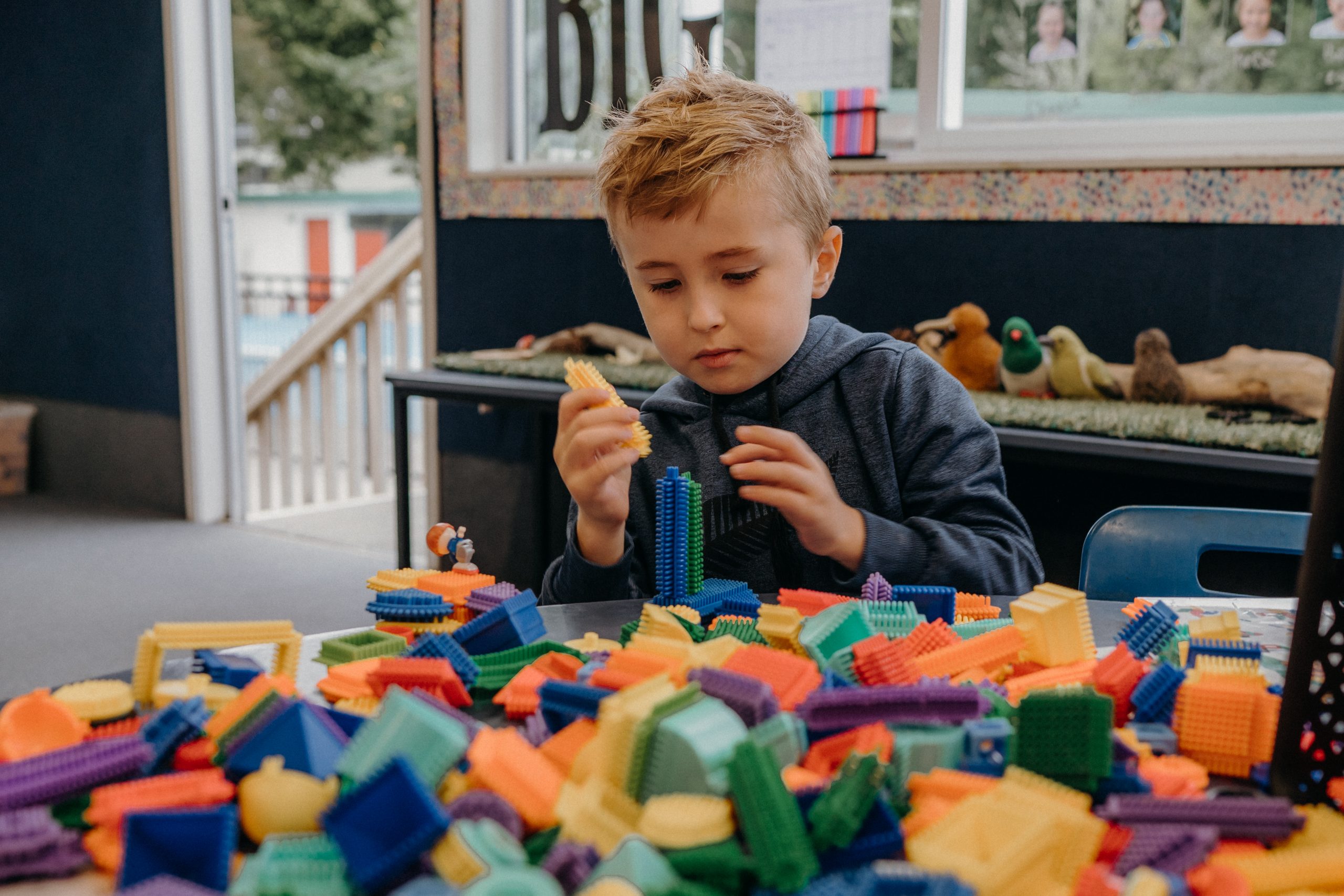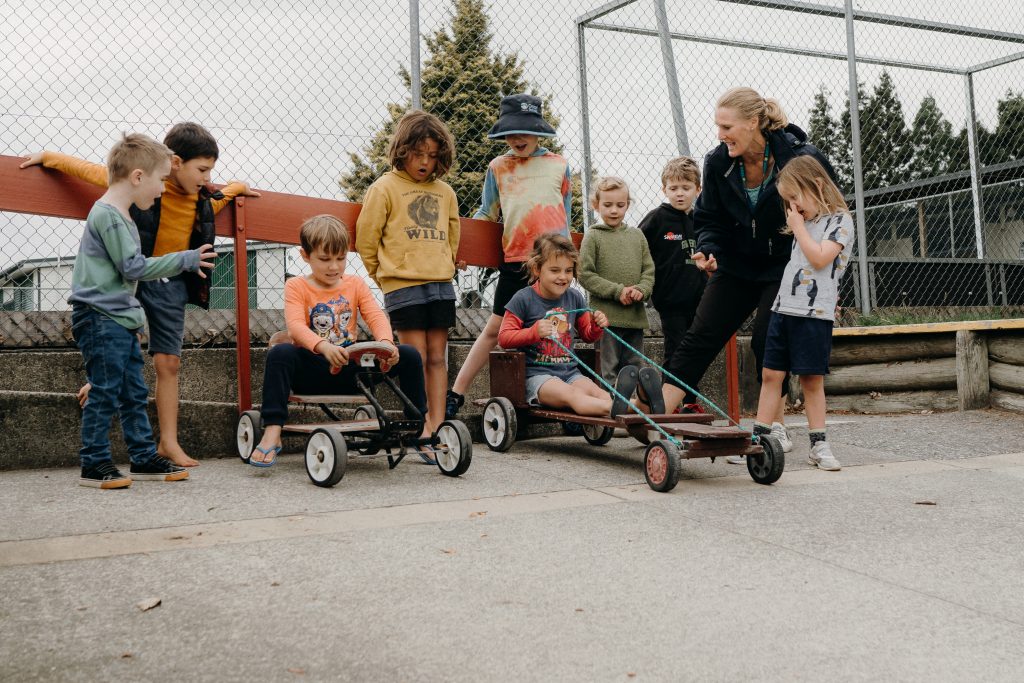No products in the cart.

Nurturing Learning through Play: Oropi School’s Journey with Play Pedagogy
Longworth Education has embarked on a journey to show of Play Pedagogy from Aotearoa New Zealand on the world stage. Play Pedagogy is a way of integrating children’s play experiences with curricular learning, giving akonga (students) the flexibility to find their own solutions to both new and existing problems.
School Information
- Current School Roll: 350
- Rural Primary Kura/School
- Full primary (Years 0 – 8)
- Rūmaki/bilingual classes
Physical Environment
Mixture of both single-cell and open plan/MLE environments/hubs
Community
We are a diverse school community of whānau that come from a range of socio-economic backgrounds. We are semi-rural, with many of our families living on lifestyle blocks while working elsewhere in and around Tauranga city. A minority of families work full-time on farms or orchards. Our cultural diversity has strengthened with a growing number of Māori, Chinese and Korean students in our school. Our equity index is 433.

At Oropi School, a transformative journey began in 2012 with the implementation of play pedagogy as a cornerstone of their educational approach. This shift has not only influenced curriculum delivery and assessment practices but has also shaped the school’s local curriculum initiatives, resource allocation, and behavior management strategies. From the youngest learners to the senior students, play has become an integral part of their educational experience. In this article, we explore the impact of play pedagogy on learning outcomes for children and the transformative effects it has had on teachers and their practices.
Engaging Learning Outcomes
The introduction of play pedagogy at Oropi School has led to remarkable changes in children’s engagement with their educational programs. Students now find themselves immersed in activities for sustained periods, eagerly coming to school knowing they will be involved in student-led projects. This approach has instilled in them the ability to occupy their time productively and fostered a genuine enthusiasm for learning.
Empowered Teachers
Teachers at Oropi School have witnessed their own growth and development as educators through the implementation of play pedagogy. They have embraced the philosophy of understanding and valuing the whole child as a learner. With a focus on being keen observers, recognizers, and responsive facilitators, teachers have adopted strengths-based practices and deepened their understanding of how to engage children based on their individual needs. This shift has empowered teachers to meet students where they are at and tailor their teaching accordingly.
Overcoming Challenges
Implementing play pedagogy is an ongoing process, and Oropi School acknowledges that not everyone progresses at the same pace. Regular revisiting and reviewing of their practices have been essential. It took time for the school to define what play-based learning would look like for senior students and how to integrate it effectively into their curriculum. However, these challenges have been met with determination and a commitment to continuously refine their approach.

Achieving a Balanced Pedagogy
One common concern about play-based learning is its perceived conflict with the teaching of literacy and numeracy. However, Oropi School has successfully managed to integrate these two approaches. Developmentally responsive pedagogy demands that teachers have a deep understanding of the curriculum, ensuring that play experiences provide rich opportunities for learning. By bridging the gap between play and formal learning, Oropi School has created an inclusive environment that motivates students and provides context for their academic pursuits.
Addressing Literacy and Numeracy Concerns
While Oropi School faces similar literacy and numeracy challenges as other schools, they have taken a strengths-based approach to teaching each child. By focusing on individual progress and growth, they have seen students succeed and make significant strides in their literacy and numeracy skills. Structured literacy programs and ongoing professional development in numeracy have been implemented to address any concerns proactively.
Looking Ahead
Oropi School envisions a future where their revised curriculum framework and teaching philosophy align seamlessly with their local curriculum framework and graduate profile. Learning stories will continue to play a vital role in the growth and implementation of play pedagogy throughout the school. The emphasis on strengths-based, qualitative assessment will strengthen the reporting process and gradually involve more input from students themselves.
Oropi School’s embrace of play pedagogy has transformed their educational landscape, creating an environment where children thrive and teachers grow. By incorporating play into their curriculum, they have witnessed enhanced student engagement, deepened teacher understanding, and an ongoing commitment to address literacy and numeracy concerns. As they continue their journey, Oropi School remains dedicated to nurturing the potential of each child and fostering a love for learning through the power of play.


